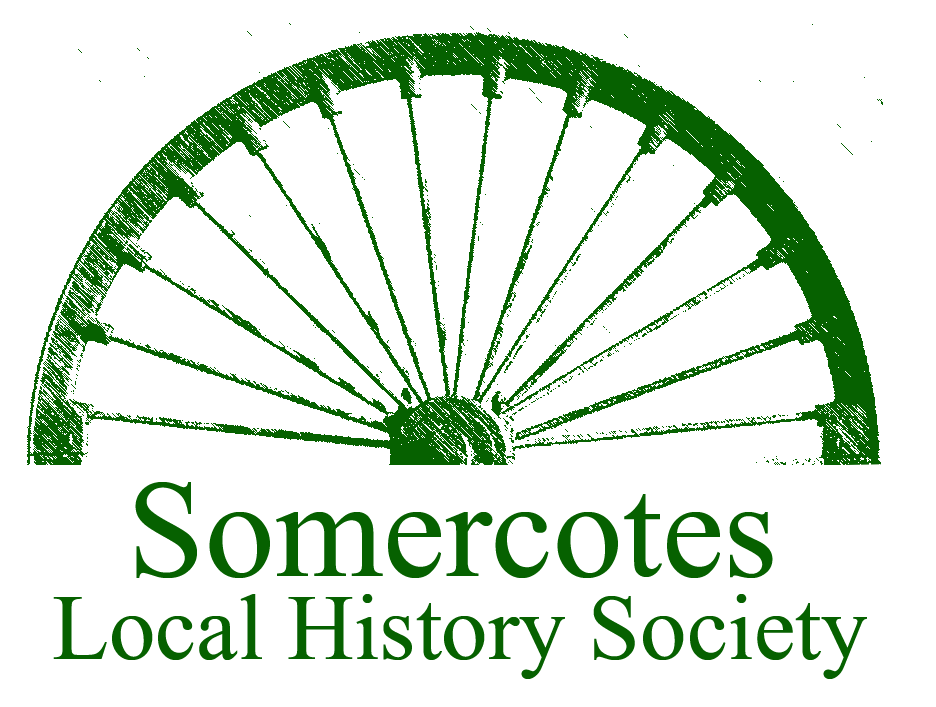






William Mather, Veteran of the Battle of Waterloo
by SLHS on
Saturday 5 November 2016
William Mather was a veteran of the Battle of Waterloo. He lived much of his life after being discharged from the British Army at Pye Bridge, where he died on 26 June 1884, at the age of 88 years. During the battle, he was serving as a gunner in the Royal Horse Artillery, under the command of a Captain Mercer.
William’s obituary was published in the Derbyshire Times & Chesterfield Herald on 2 August 1884, which read: “PYE BRIDGE – INTERNMENT OF A WATERLOO VETERAN NEAR, ALFRETON – On Wednesday afternoon the internment of William Mather, of Pye Bridge, an ex-soldier, took place in the Somercotes churchyard, near Alfreton. Mather was born on 29th March 1796, and served five years in the Royal Artillery. He was present at Waterloo under the Duke of Wellington, coming out of the engagement uninjured. He was soon afterwards discharged without a pension, and it was not until he had reached 60 years of age that the military authorities took notice of his claims and granted him an allowance of sixpence per day. This sum he continued to receive until his death, which took place on the 26th inst. He was well-known in the district, and had been chief guest at several small gatherings which had been got up to celebrate the famous victory of the Iron Duke.”
William was born on 29 March 1796 in Ashover, Derbyshire. He was baptised in the village on 4 July the same year, and his mother was recorded as Ann Mather. He would have been 19 years old at the time of the Battle of Waterloo.
After his time spent in the British Army, William married a woman called Mary, and by 1841 they had settled in Somercotes. Sometime in the following ten years, the couple moved to Pye Bridge, with their address in 1871 being recorded as 141, Canal Side. William’s occupation in 1851 is recorded as a “labourer at the foundry” and at the time he almost certainly worked for James Oakes & Co. at the Riddings Ironworks.
Gunner William Mather's name, as it appears in the Waterloo Rolls (courtesy of The National Archives)
Unfortunately, no further information can be found regarding William’s time in the Royal Artillery, but his name appears in the muster roll for Waterloo and he was awarded the Waterloo Medal for his service in the battle, which was fought on Sunday, 18 June 1815.
